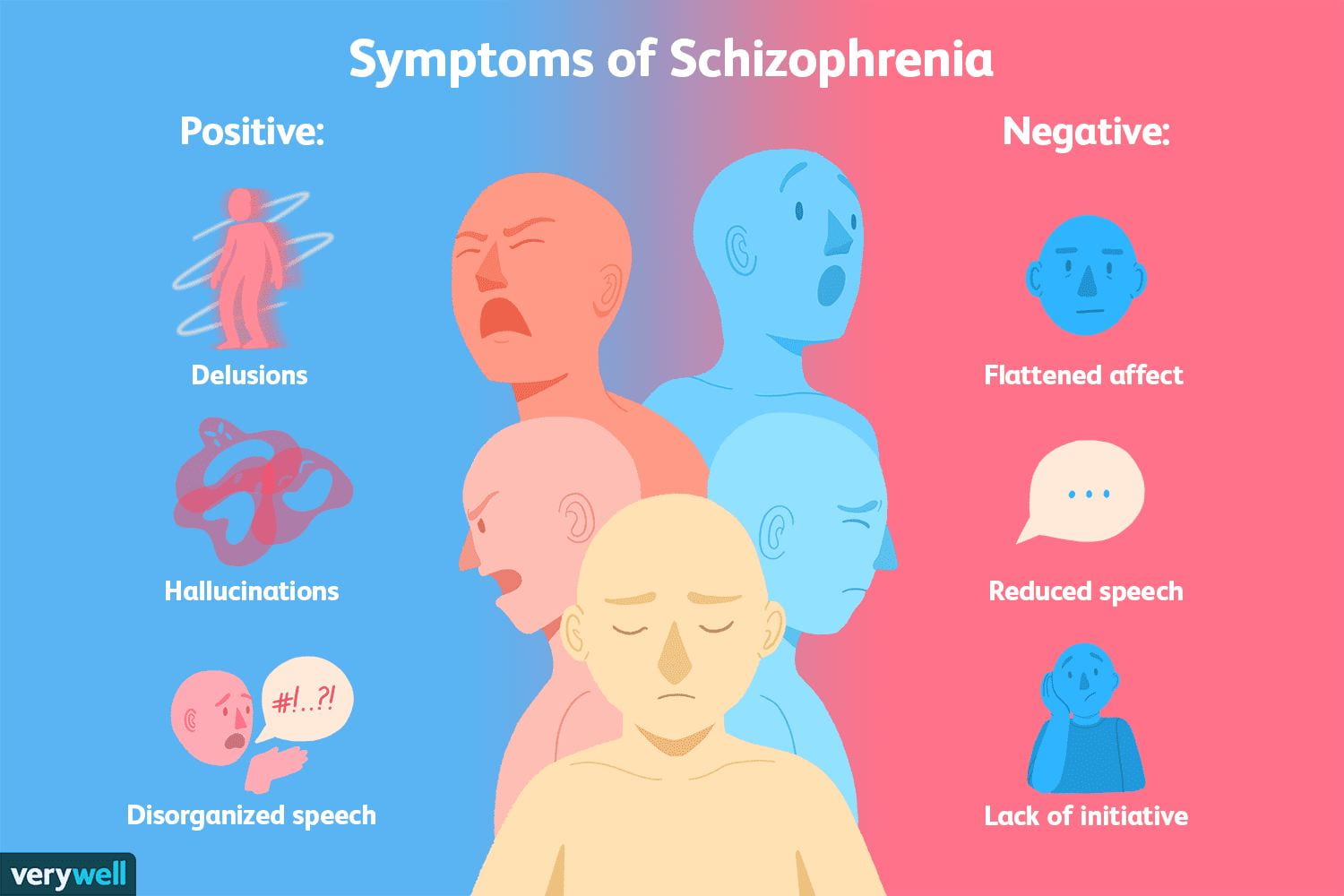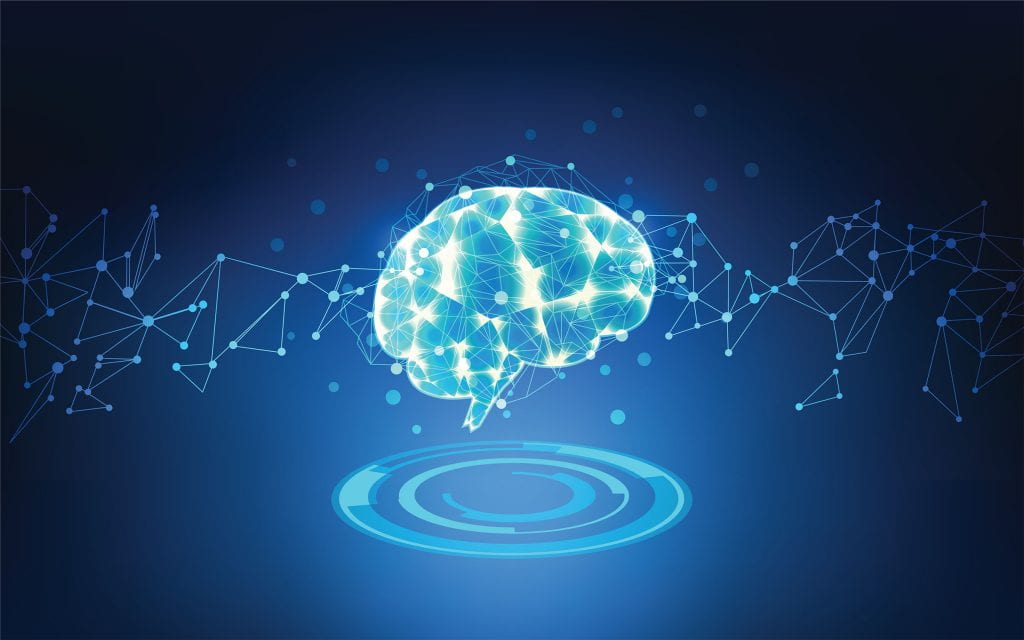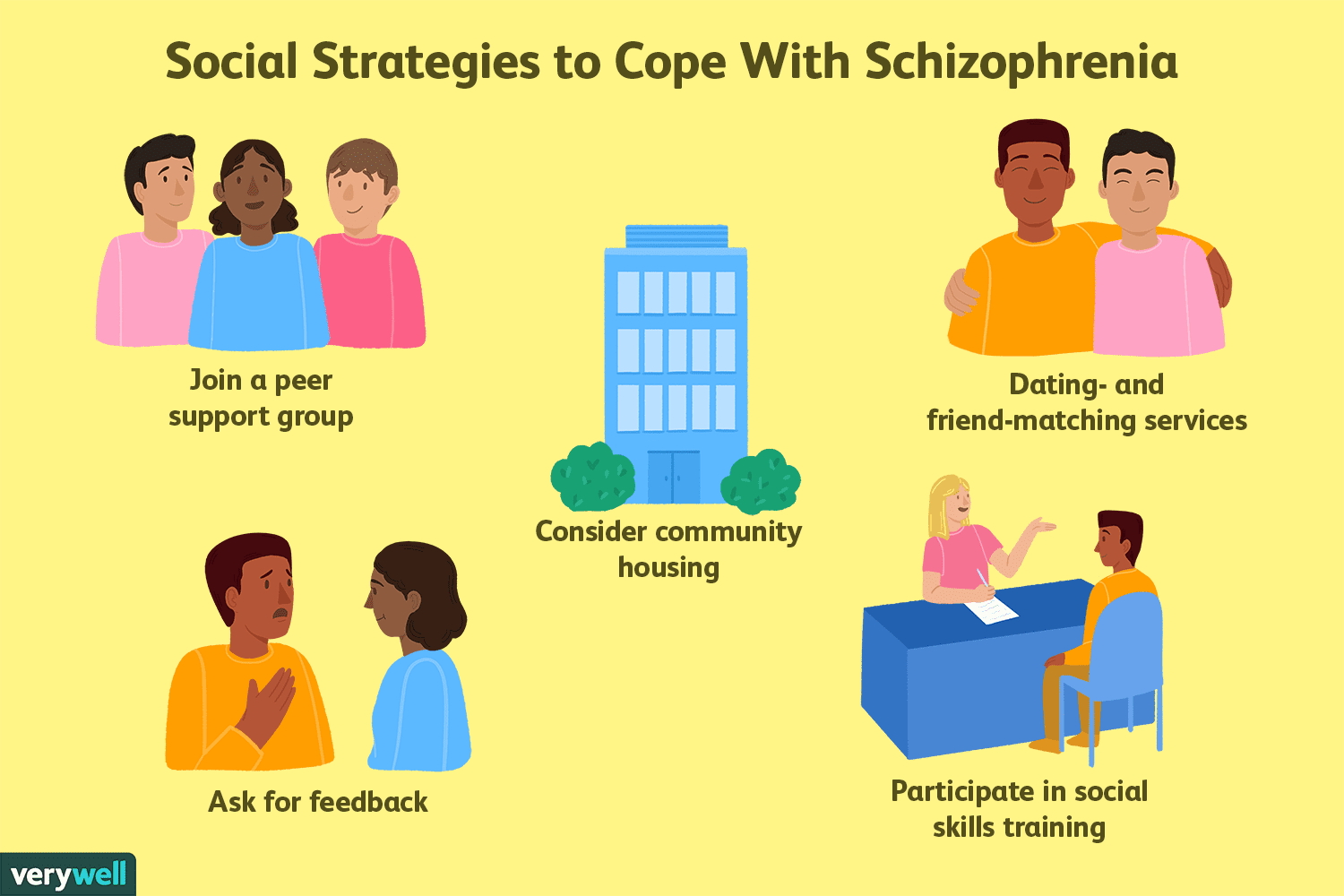Although 1% of the American population may not statistically express a large number of people, it actually calculates to be over 2.2 million people. That is the number of Americans 18 and older affected by schizophrenia that may commonly experience debilitating symptoms. Schizophrenia is a chronic and very severe mental disorder that affects how a person thinks, feels, and behaves. They are often described as having lost touch with reality accompanied with positive and negative symptoms.
Positive symptoms are additional psychotic behaviors that include hallucinations, delusions, and movement disorders (agitated body movements). Negative symptoms are symptoms that disrupt healthy emotions and behaviors, causing a “flat affect” (reduced expression of emotions via facial expression or voice tone), reduced feelings of pleasure in everyday life, difficulty beginning and sustaining activities, and reduced speaking. Some patients can also experience cognitive symptoms leading to the lack of ability to understand information and use it to make decisions, trouble focusing or paying attention, or problems with the ability to use information immediately after learning it.
Interestingly, men and women are equally likely to develop schizophrenia, but men tend to get it slightly earlier. Around late teens to early 20s is the most common age in which schizophrenia starts to present in people. According to WebMD, some scientists think it starts around adolescence because brains change and/or shift during puberty, which might trigger the disease in people who are genetically at risk for it. Schizophrenia is a disease that researchers still haven’t cracked the code for, so as of now no one really knows the exact cause of schizophrenia.
Due to the fact that the cause of schizophrenia is still unknown, treatments and therapies instead focus on eliminating the symptoms of the disease. The three main treatments used include antipsychotics, psychosocial treatments, and coordinated specialty care (CSC). Antipsychotics are usually prescribed to those with schizophrenia in daily pill or liquid form. Some common antipsychotics are: Abilify (aripiprazole), Haldol (haloperidol), and Clozaril (clozapine). Psychosocial treatments include working with a psychiatrist to learn coping skills for the everyday challenges of living with this disease. Lastly, CSC is a treatment model that integrates medication, psychosocial therapies, case management, family involvement, and supported education and/or employment services. This treatment model is a much more involved option.




